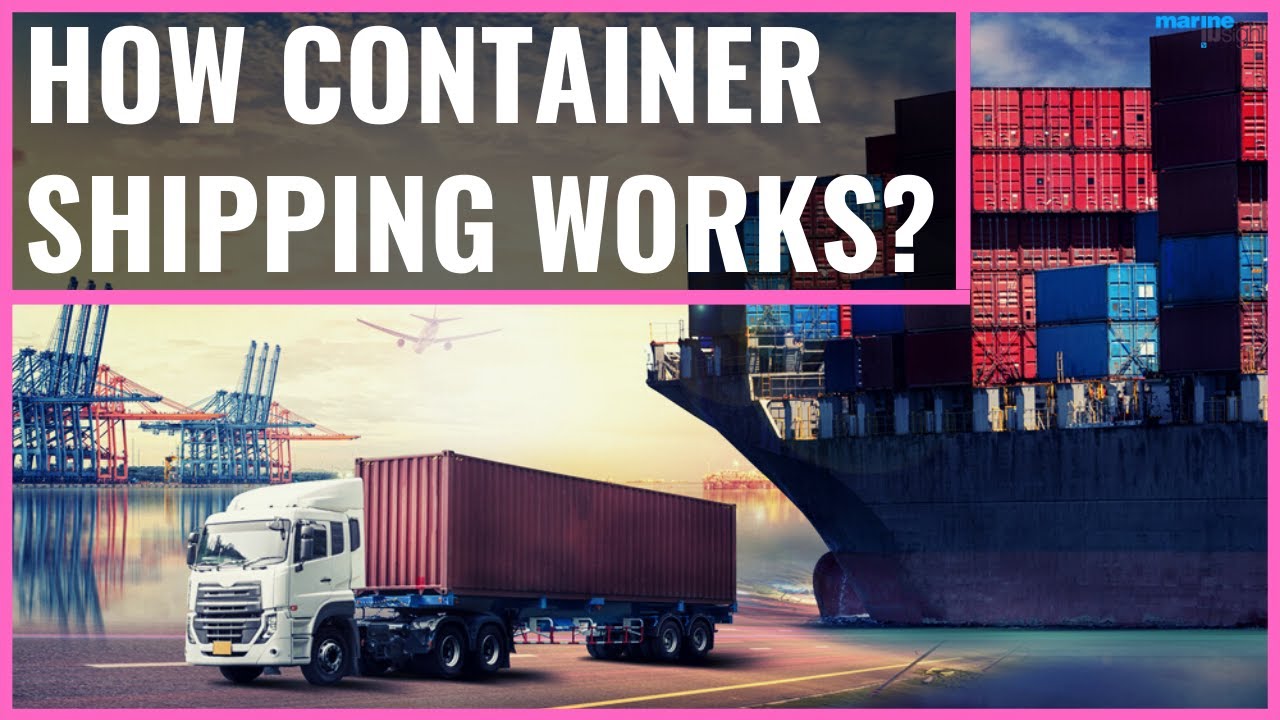Why Apple Airlifted 1.5 Million iPhones Out of India | Vantage with Palki Sharma | N18G
Summary
TLDRThe transcript highlights a global scramble by companies like Apple, Dell, and Lenovo to beat the clock and avoid new tariffs by quickly shipping goods. Apple, for example, airlifted 1.5 million iPhones from India to the US in just six hours to beat the deadline. Despite efforts from companies worldwide, including the use of cargo jets and expedited shipping, the tariffs were paused, giving a temporary reprieve. However, businesses are left uncertain, as policy changes can happen rapidly, forcing companies to reassess their strategies in an increasingly unpredictable global supply chain environment.
Takeaways
- 😀 Apple managed to airlift 1.5 million iPhones from India to the US in just 6 hours, a drastic reduction from the usual 30-hour customs clearance time.
- 😀 Apple took advantage of a loophole that exempted goods already en route before the deadline for tariffs from the US.
- 😀 In response to impending tariffs, Apple expedited production at its Foxconn factory in Chennai, added shifts, and used six cargo jets to transport iPhones.
- 😀 The scramble to beat the tariffs wasn’t limited to Apple; companies like Dell, Lenovo, and Microsoft also rushed shipments of premium devices.
- 😀 Container ships, which typically handle 90% of global trade, became critical for expedited shipments, resulting in a 10% surge in shipping rates from Shanghai to Los Angeles.
- 😀 Global supply chains were under immense pressure as ports, shipping companies, and logistics teams scrambled to meet deadlines.
- 😀 Nintendo delayed the release of its Switch 2 console, and Jaguar Land Rover halted US shipments, demonstrating how not all companies could act with the same speed as Apple.
- 😀 The US has paused the tariffs for 90 days, giving companies some breathing room, but this reprieve is not a permanent solution.
- 😀 The sudden policy shifts and the potential disappearance of exemptions are clear signs that the global supply chain is becoming increasingly unstable and unpredictable.
- 😀 While Apple managed to overcome the tariff deadline by utilizing speed and scale, most businesses can't rely on this method and must reassess their strategies to cope with future uncertainties.
Q & A
What was Apple's strategy to beat the new tariffs?
-Apple's strategy involved speeding up production at its Foxconn factory in Chennai, extending worker shifts, and using six cargo jets to airlift 1.5 million iPhones to the United States before the tariff deadline. They aimed to beat the tariffs by getting the goods on planes before the cutoff.
Why did Apple need to act quickly in this situation?
-Apple needed to act quickly because new tariffs were about to be implemented, and they wanted to avoid these additional costs. The company took drastic steps to ensure its products were shipped before the tariffs came into effect.
What was the typical customs clearance time at Chennai airport, and how did Apple manage to speed up the process?
-The typical customs clearance time at Chennai airport is around 30 hours. Apple managed to expedite the process to just 6 hours by arranging a green corridor, allowing for faster clearance of its shipments.
How did the global supply chain react to the looming tariffs?
-The global supply chain saw significant disruption. Companies scrambled to expedite shipments, shipping rates surged, ports became congested, and container ships left half-packed to meet deadlines. It created a sense of urgency, leading to pressure on suppliers and shipping companies.
What are the potential consequences for companies after the pause of the tariffs?
-The 90-day pause of the tariffs provides temporary relief, but companies now face the uncertainty of potential policy changes. They must reassess their strategies, as the global supply chain is increasingly unpredictable, and tariff exemptions can vanish at any time.
How did other companies, aside from Apple, respond to the threat of tariffs?
-Other companies like Dell, Lenovo, and Microsoft also expedited their shipments to beat the tariff deadlines. Companies that couldn't afford private air transport, such as Nintendo and Jaguar Land Rover, faced delays or paused shipments altogether.
What was the focus of companies like Apple in terms of the products they rushed to ship?
-These companies focused on shipping premium devices, particularly those priced above $3,000, to avoid the new tariffs. The aim was to prioritize high-value products in order to minimize the financial impact of the tariffs.
What happened to the de minimis exemption, and how does it impact businesses?
-The de minimis exemption, which allowed low-value items to be shipped tariff-free, is set to end in May. This change puts pressure on businesses, especially in sectors like fast fashion, where small-value items were previously exempt from tariffs.
What role did the US government play in the tariffs and their pause?
-The US government initially introduced the tariffs, but then paused them shortly after their implementation. This created confusion for companies like Apple, who had already made plans to expedite shipments based on the assumption that the tariffs would go into effect.
What is the significance of the pause in tariffs for the global supply chain?
-The pause in tariffs gives companies temporary relief, but it also serves as a warning. The global supply chain is now more volatile, and businesses must be prepared for sudden policy changes that could impact their operations and bottom lines.
Outlines

This section is available to paid users only. Please upgrade to access this part.
Upgrade NowMindmap

This section is available to paid users only. Please upgrade to access this part.
Upgrade NowKeywords

This section is available to paid users only. Please upgrade to access this part.
Upgrade NowHighlights

This section is available to paid users only. Please upgrade to access this part.
Upgrade NowTranscripts

This section is available to paid users only. Please upgrade to access this part.
Upgrade Now5.0 / 5 (0 votes)





